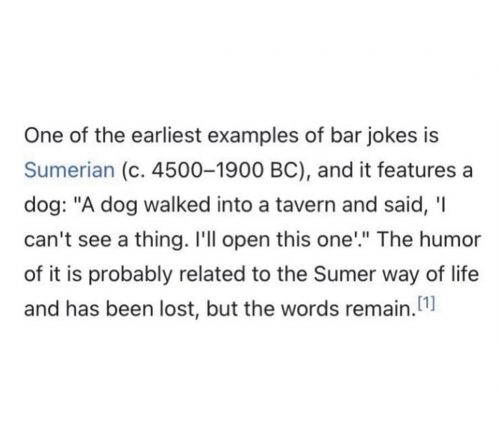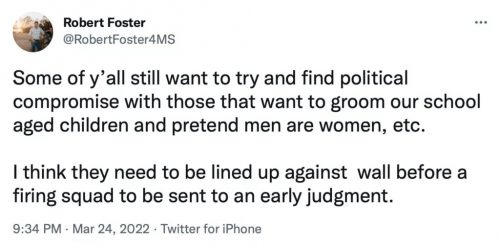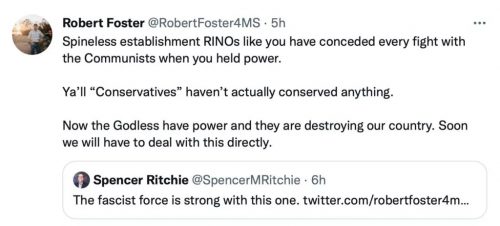Peterson is really losing it. Here he is in conversation with disgraceful pseudo-journalist Andy Ngo, explaining why Antifa is so evil and animalistic.
Curious journalist Andy Ngo asks Professor Emeritus Jordan Peterson how psychology can explain why Antifa is so evil and bad. JBP says it's "revenge against God for the crime of Being." Then he starts crying. pic.twitter.com/oIhFVyRWt1
— bad_stats (@thebadstats) March 28, 2022
You can tell he’s deep-down angry about the existence of the Left — the way his lips writhe as he’s telling his canned Bible story, like some pissed-off backwoods preacher. It’s all about hating god, wouldn’t you know, and Antifa is just an echo of Cain’s sin. Never mind that it’s the other side that’s driving cars into demonstrators and prowling the streets looking for people to beat up. If anything is being echoed here, it’s the Christian martyr complex.
It’s also an indicator of how far the Right as a whole as lost it that these two pathetic, whiny losers are among their heroes.










